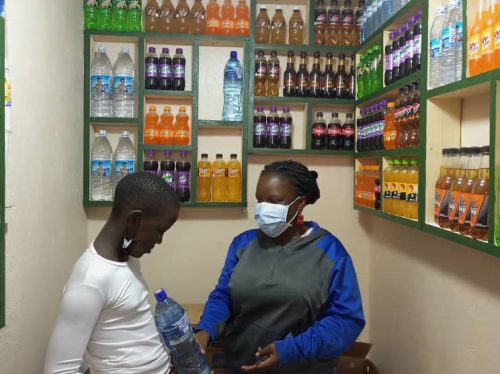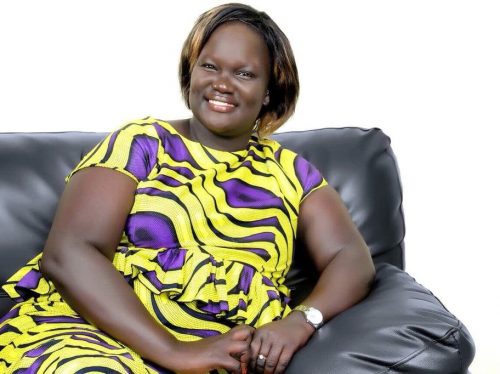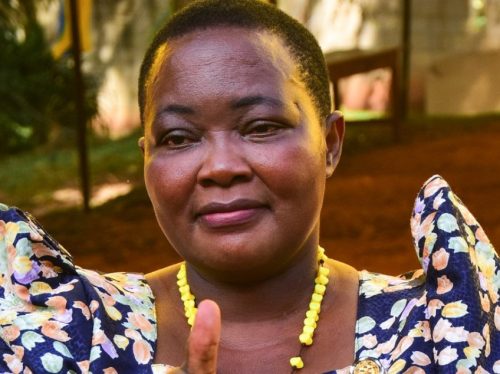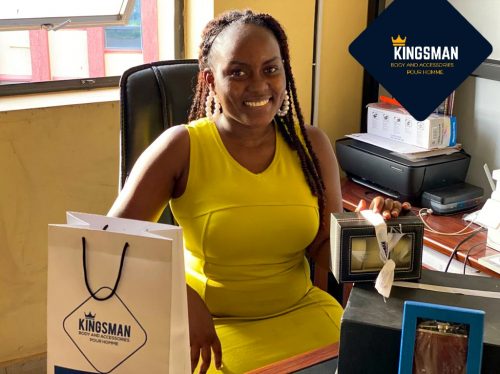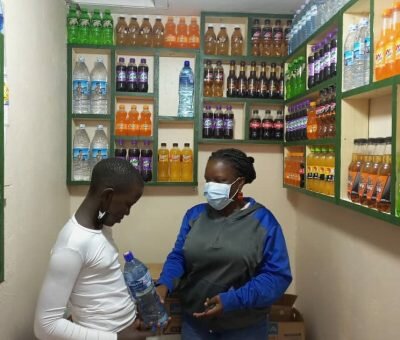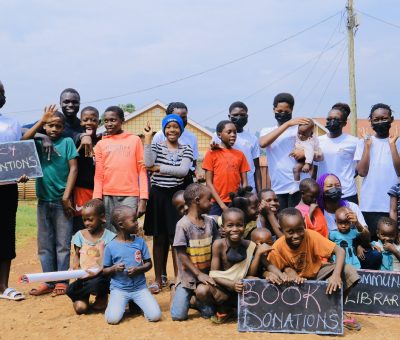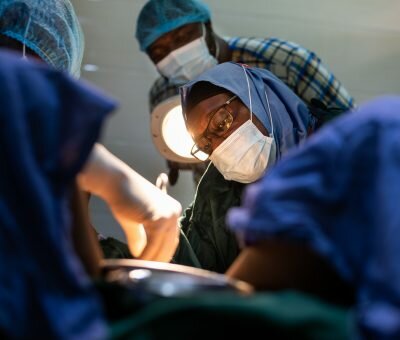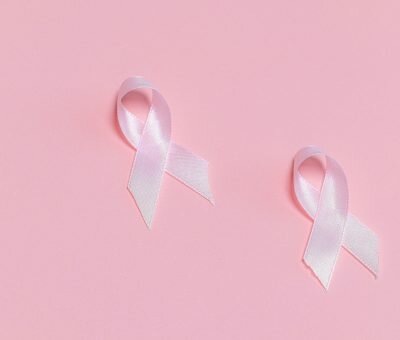Alesi gives hope to women, teen mothers infected with HIV
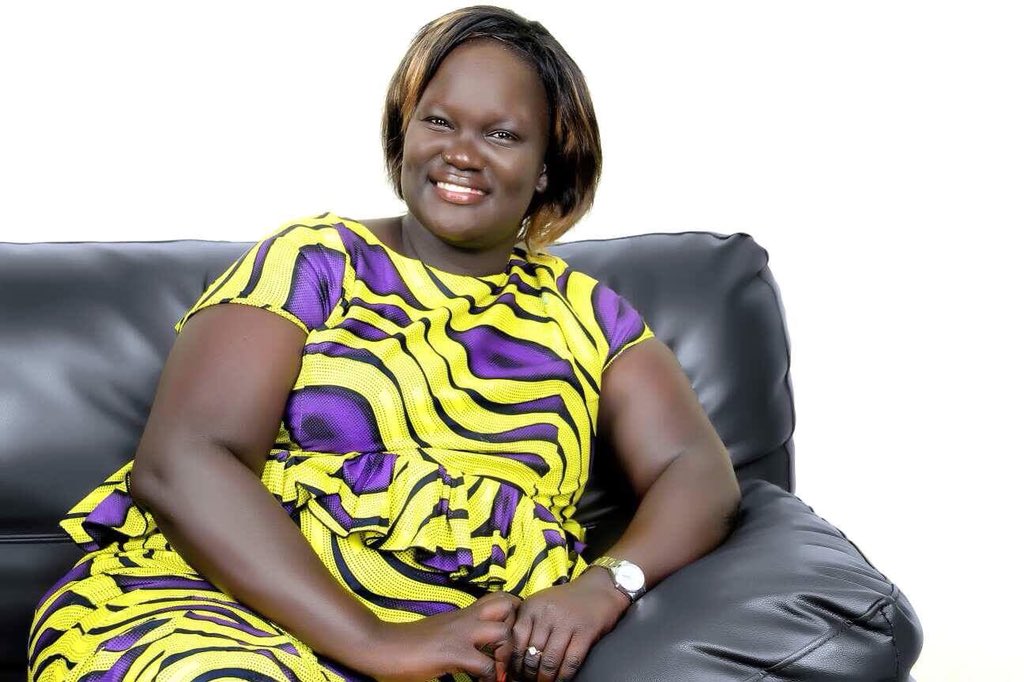
The prevalence of HIV among adults aged 15 to 64 in Uganda is 6.2%; 7.6% among females and 4.7% among males, according to a 2017 report by the World Health Organisation (WHO). This comes to approximately 1.2 million people aged 15 to 64 living with HIV in Uganda. HIV prevalence is higher among women living in urban areas (9.8%) than those in rural areas (6.7%).
In addition, two thirds of all new HIV infections are found in adolescent girls in Uganda and yet only 30 per cent of them receive HIV testing Services at outpatient departments according to the Joint United Nations Programme on HIV and AIDS (UNAIDS).
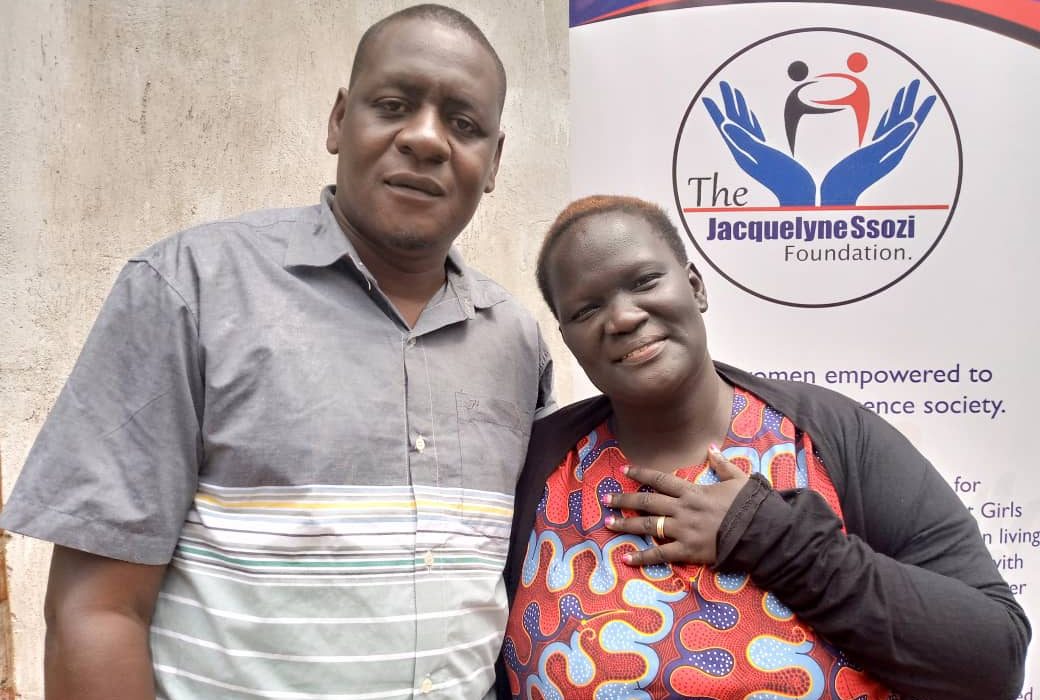
The Jacquelyne Ssozi Foundation has been raising funds to support young mothers and women living with HIV in Uganda since July 2020. Jacquelyne Alesi Ssozi, the proprietor of the foundation is a social consultant and a regional coordinator with the World Mountain initiative, USA.
Jacquelyne Alesi Ssozi started her foundation after finding out how HIV/AIDS infected women in Uganda struggle to survive every single day.
“Due to the stigma that comes with HIV positive people in the community, they fear to take their drugs from the nearby healthy centers for fear of being discriminated against,” Alesi reveals.
While in her home in Manyangwa, Wakiso district during the 2020 lockdown, Jacquelyne Alesi Ssozi was approached by a group of women who demanded food.
“People had seen that I was already working with an organization which had given out school fees and food to children living with HIV. They thought I was the solution to their problem,” Alesi explains.
Alesi had no alternative but to get the food that she and her husband had stocked for the family and give these women. She gave 20 women maize flour, rice, beans and sugar worth shs700,000. However, because of this, more woem in need approached her for help. Alesi could not fulfill their demands and at the same time hated the idea of sending them away empty-handed.
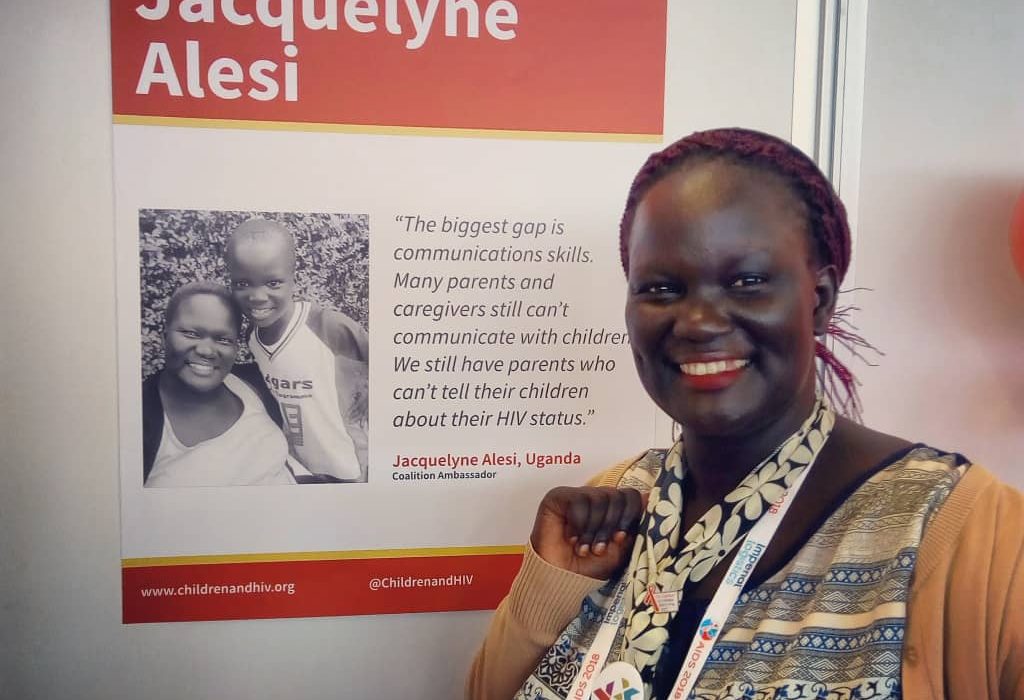
According to Alesi, that is when an idea came to her. The mother of four then got on her laptop and contacted some friends. Through explaining her situation to local and international friends, Alesi was able to raise food for 128 women from Gayaza, Namavundu, Kasangati, and Namugongo. This was from April 2020 to October 2020.
Alesi gave 10 kilogrammes of maize flour, beans, rice and some milk. Also, the women received two bars of soap and five kilograms of sugar once a month.
“I noticed that some men had abandoned their homes since they were not able to feed their families. Most worrying was the fact that a number of women who were supposed to be taking ARVs had stopped since they could not find anything to eat. Many said taking the drugs on an empty stomach caused more adverse effects yet many feared to die,” she intimates.
Alesi decided to officially start the Jacquelyne Ssozi Foundation when she thought of the people she had helped during that period. She believed that her work would not stop during the lockdown. She also believed she will be able to extend her services beyong her neighboring villages. Along with that, Alesi had discovered that some HIV positive women were not taking their drugs because they were far away from their distribution centers.
“During the second lockdown, there was a change of attitude. Many people had agreed to start getting medicine in their nearest area,” she says.
Early this year, the foundation run a New Year New Hope campaign where they celebrated young mothers living with HIV in Wakiso and Kampala districts. They also provided peer support by providing counselling services to young mothers to feel better about themselves.
Some of the activities in the campaign included life skills sessions, visits to the mothers to determine their wellbeing, as well as discussions of business ideas among others.
By the time the second lockdown was instituted, Alesi had shifted from Wakiso district to Luwero district. However, she still maintained her contacts with the women she had helped despite more of her work being in Luweero, and Kalagala area in Bamunanika sub-county.
“The foundation has coordinators who make sure that its mandate and the goals are upheld in the various communities,” she explains.
The organization has 24 young mothers between the ages of 15 and 24 years of age who are primary school dropouts. After the mothers have given birth, Alesi plans to send them back to school next year.
“Those are some of the mothers who got pregnant and gave birth during both COVID 19 lockdown. Most of them were in primary five, six and seven,” she says.
With regards to the future, Alesi wants to extend her services to other districts like Mubende, Mityana, Gulu and Jinja.
thepearluganda






















